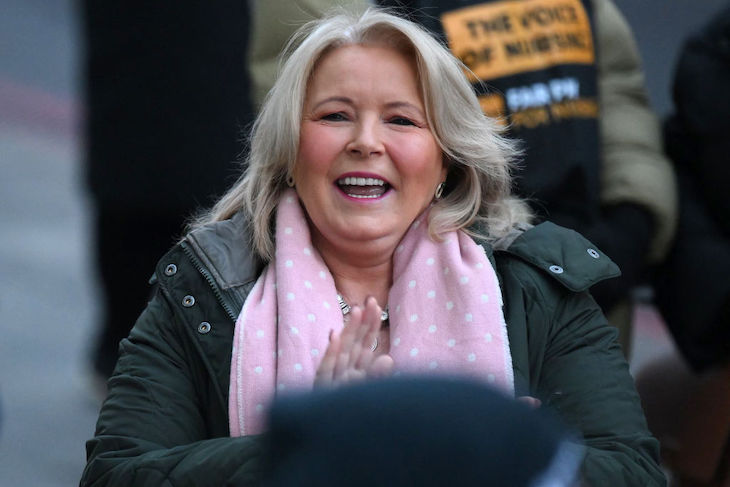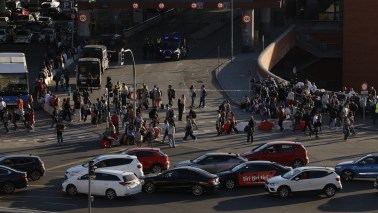It’s Monday afternoon and I’m walking through the estate where I was born on the outskirts of Enniskillen in Northern Ireland. Here in the United Kingdom’s most westerly and most marginal constituency, politics continues to be war by other means. The Unionist marching season beckons and as well as the usual red white and blue bunting, there are a sea of Israeli flags fluttering in the drizzle. Across town, in nationalist estates, Palestinian flags abound. These adopted tribal identities epitomise the immutable sectarian character of the competition for the seat in Fermanagh and South Tyrone. While Northern Ireland is slowly becoming a more homogenous society and progressive politics makes progress in the urban east, out here on the rural edge of the union, it’s different.

In the 2019 general election, just 57 votes separated the winner Sinn Fein’s Michelle Gildrenew from her Unionist rival.

Britain’s best politics newsletters
You get two free articles each week when you sign up to The Spectator’s emails.
Already a subscriber? Log in







Comments
Join the debate for just £1 a month
Be part of the conversation with other Spectator readers by getting your first three months for £3.
UNLOCK ACCESS Just £1 a monthAlready a subscriber? Log in